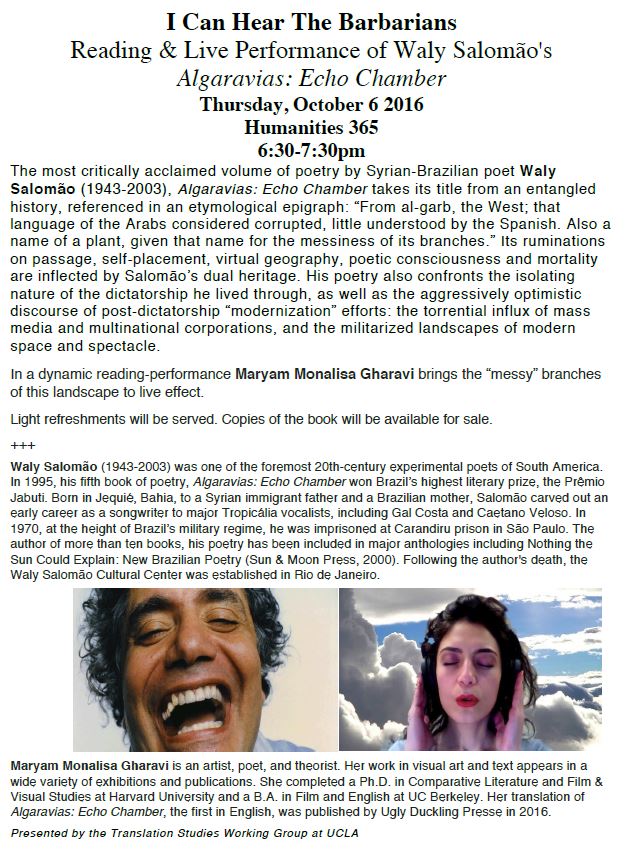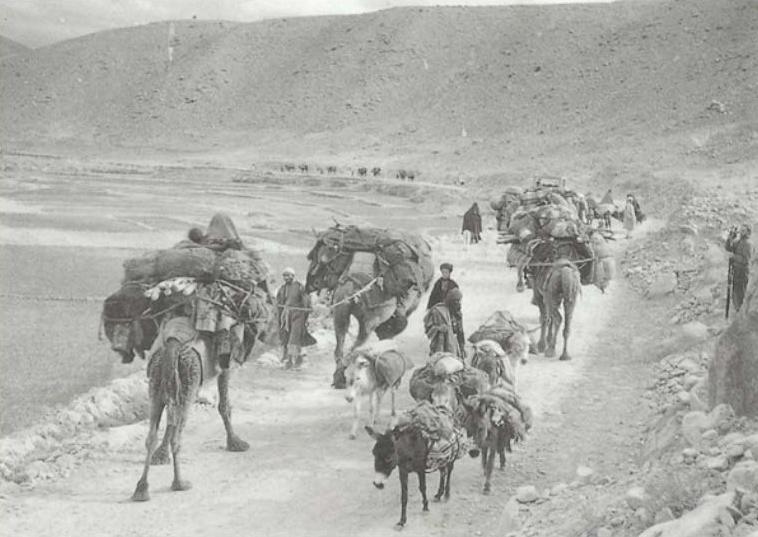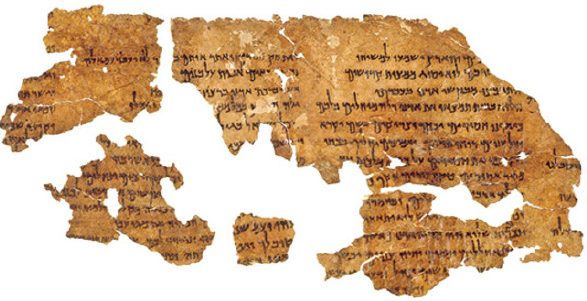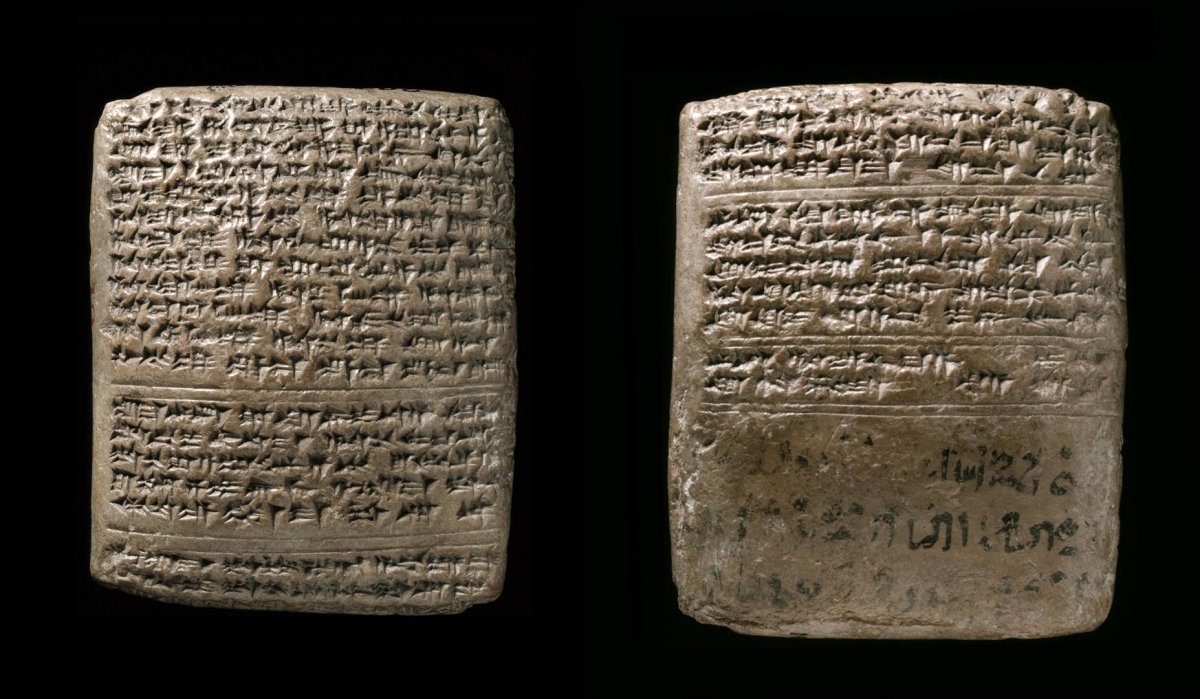Levantine Studies
I Can Hear The Barbarians
NELC Seminar Room (Humanities 365) 365 Humanities , Los Angeles, CA, United StatesSea Peoples and Neo-Hittites in the ‘Land of Palistin’: Recent Discoveries at Tayinat on the Orontes
Faculty CenterRecent archaeological discoveries have begun to challenge the prevailing view of the Early Iron Age (ca. 1200-900 BCE) as an era of cultural devolution and ethnic strife, or a ‘Dark Age’, in the eastern Mediterranean, as depicted in the Homeric epics and the Hebrew Bible. This illustrated talk will highlight the exciting discoveries of the...
Modelling Long-Distance Interaction in the Middle Bronze Age
NELC Seminar Room (Humanities 365) 365 Humanities, Los Angeles, CA, United StatesThe Old Assyrian trade network c. 1895-1865 BCE is by far the best documented example of how a long-distance commercial circuit was organized and run in the ancient world. But the Assyrian records show that the circuit to which they relate was not isolated. It formed part of a chain of comparable units and was...
To Refer or Not to Refer: Tracking Intertextuality in the Hebrew Bible
NELC Seminar Room (Humanities 365) 365 Humanities, Los Angeles, CA, United StatesProfessor Machinist will develop aspects of intertextuality through several examples involving well-known biblical texts, including Psalm 29—a famous “Canaanite” hymn in the Psalter. This seminar will be held in conjunction with Professor Schniedewind’s Ugaritic seminar. Graduate students are encouraged to read Psalm 29 and Y. Avishur’s chapter on “Psalm 29” in Studies in Hebrew and...
The Inventors of the Alphabet — Erudite Scribes or Unlettered MinersOrly
Humanities Bldg. Rm 311According to Orly Goldwasser's analysis of the evidence, the alphabet was invented around 1840 BCE by illiterate Canaanite mining experts working in the Sinai site of Serabit el-Khadem. This conclusion is based on a painstaking comparative analysis of the paleography of the Middle Kingdom hieroglyphs in the Egyptian temple on the site and the so-called...
Searching for Scribal Curriculum in Ancient Israel
NELC Seminar Room (Humanities 365) 365 Humanities, Los Angeles, CA, United StatesProfessor William Schniedewind will present the outlines of his research in progress—a book on Scribal Education in Ancient Israel. The research proposes that outlines of scribal curriculum in early Israel can now be reconstructed based on his interpretation of the recently fully published inscriptions from Kuntillet Ajrud and using parallels with Mesopotamian scribal curriculum and...
Between Egypt and the Near East: Current Research on the Amarna Letters
Kaplan Hall 365Various aspects of the interaction between Egypt and other political and cultural centres of the Ancient Near East have always sparked the attention of scholars, trying to understand this multi-layered and complex issue — ranging from the interpretation of finds of Egyptian or Egyptianized objects at the ANE sites to a misapprehension in communication resulting...
Applying for Jobs and Life After the Dissertation
Kaplan Hall 365Join NELC faculty Dr. Cate Bonesho, Dr. Kara Cooney, and Dr. Bill Schniedewind for a workshop and discussion of applying for jobs and life after the dissertation. Event Flyer RSVP Below:







